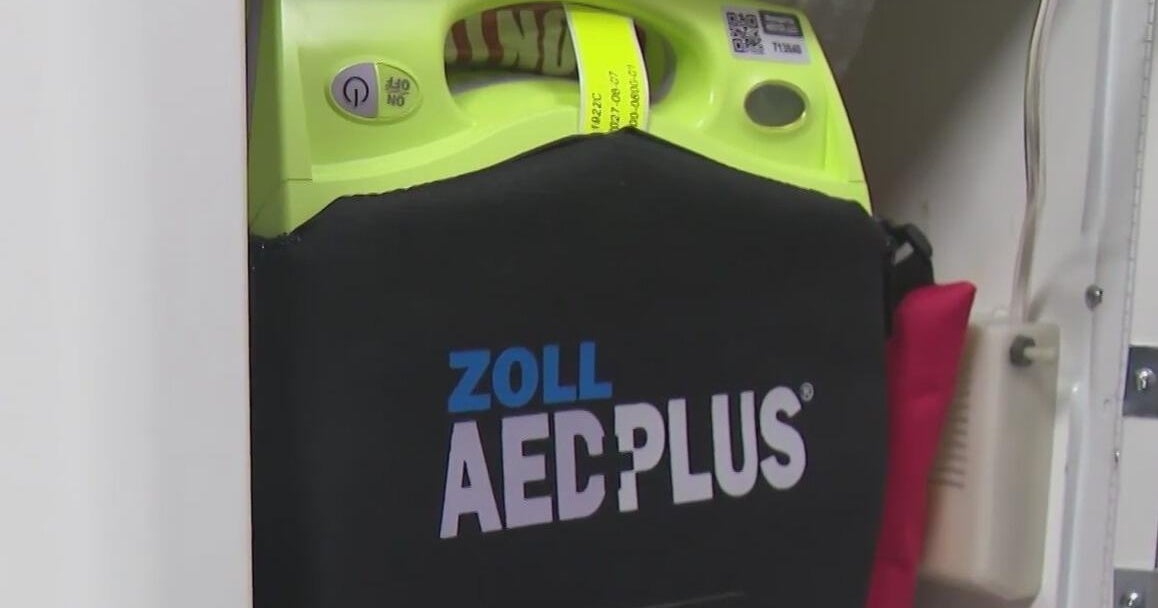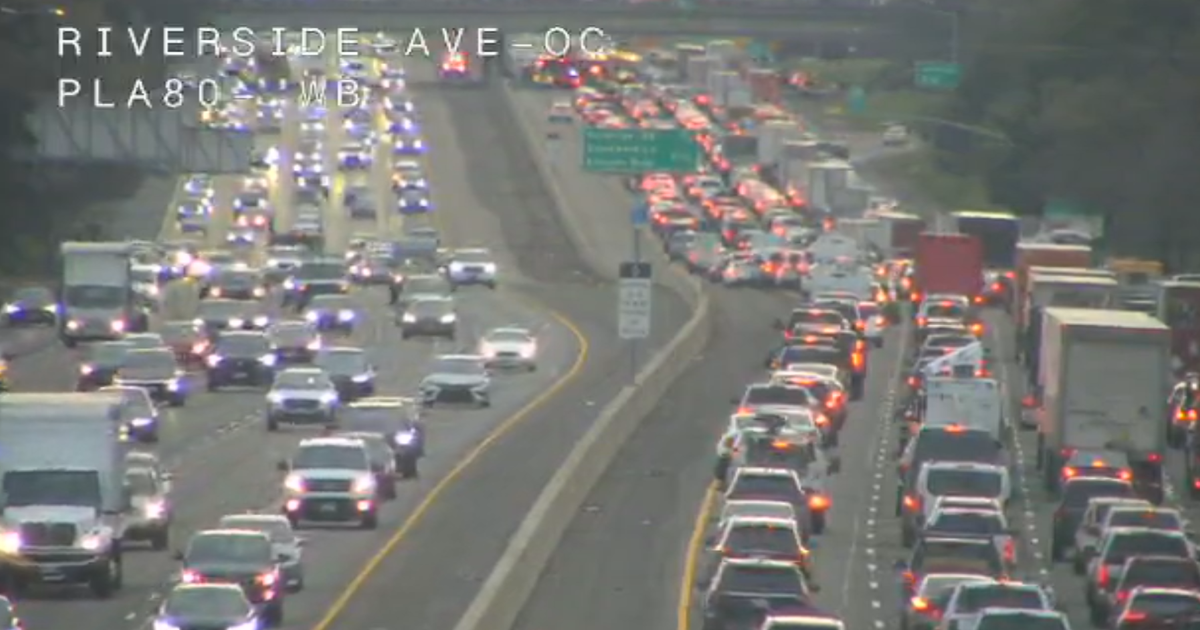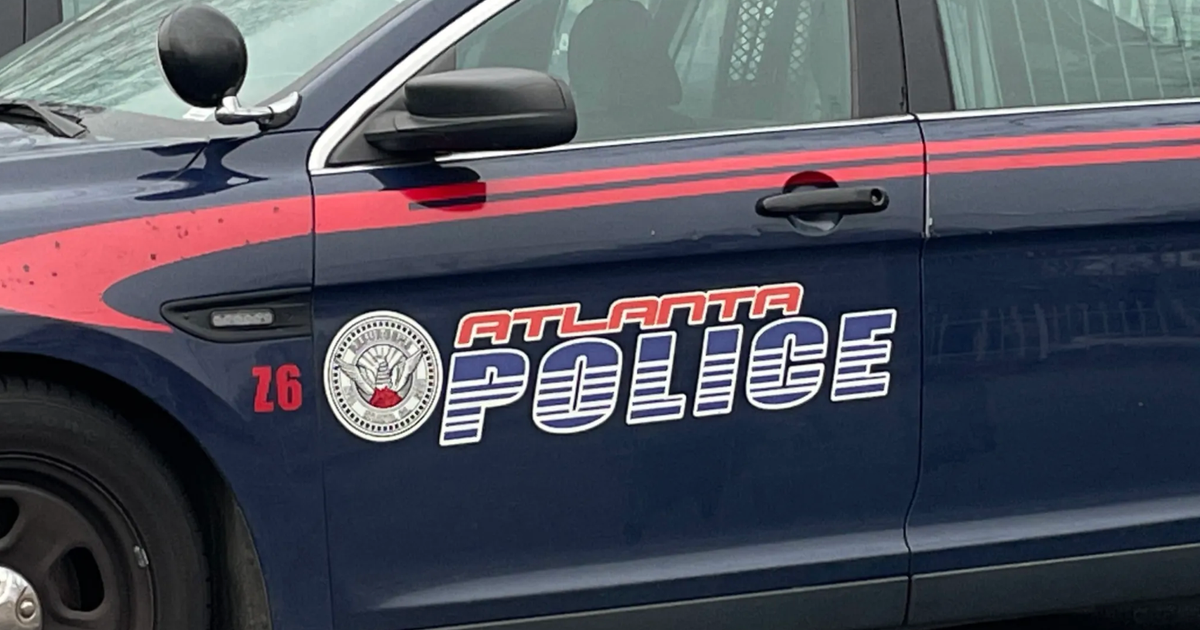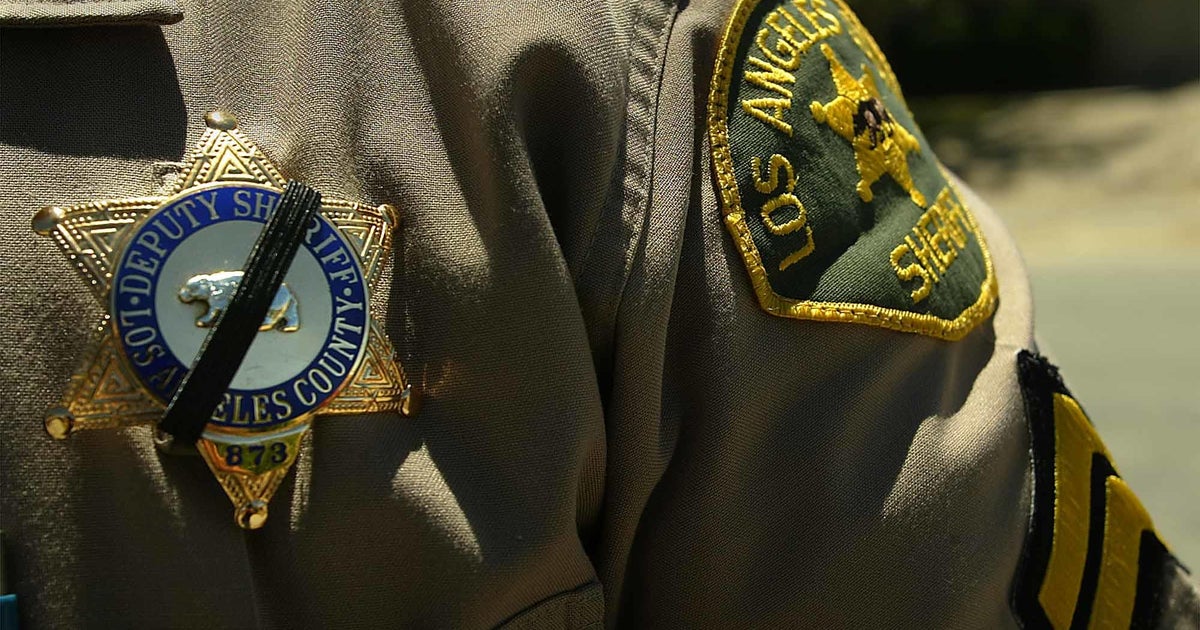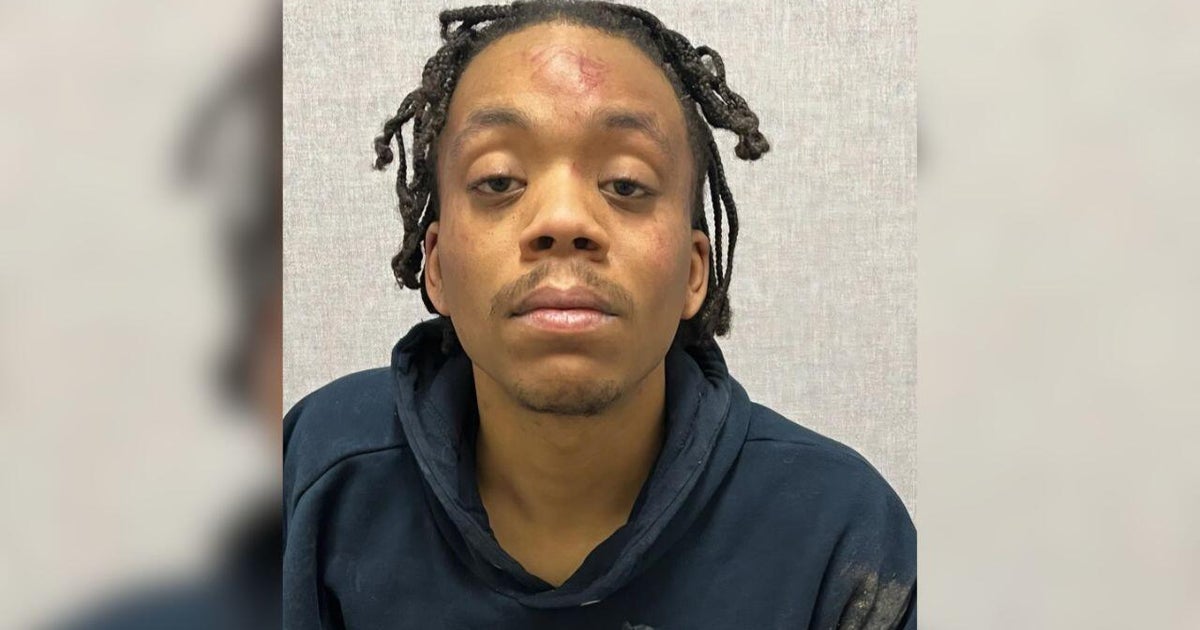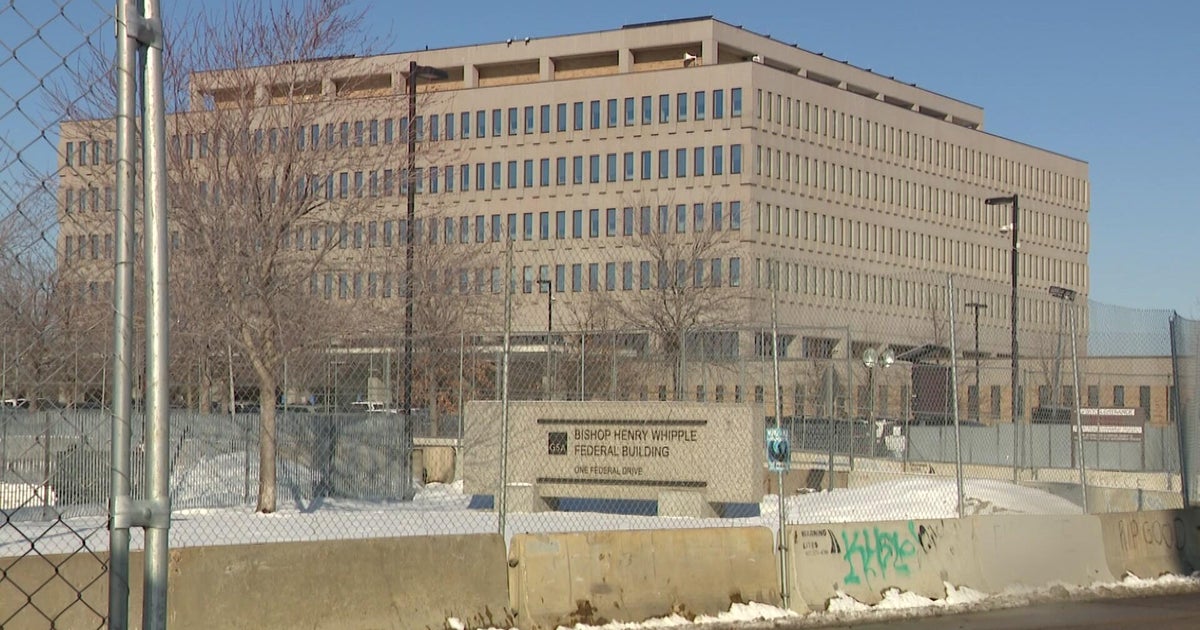Questions arise over protections for young athletes after Bronny James' cardiac arrest
SACRAMENTO — The son of NBA star Lebron James is in the hospital after suffering from cardiac arrest while practicing with the USC men's basketball team on Monday.
Bronny James is an incoming freshman at the university, and this incident is now drawing people's attention back to heart conditions in young athletes.
"What a lot of people do not know is that 1 in 300 kids actually have a heart condition that is undiagnosed or asymptomatic," said Project ADAM Coordinator at UC Davis Children's Hospital Rebecca McCormac. "Pre-participation sports physicals have not changed that much over the last 30 years or so."
McCormac said these physicals could miss up to 90% of heart conditions that put kids at risk and that is why other plans need to be in place.
That is why McCormac's team is working closely with high schools and youth sports programs across Sacramento.
"An AED pads, an on button and a shock button," said McCormac. "When you put the pads on someone it is going to determine whether or not the person needs to be shocked."
McCormac is teaching people CPR, how to use these automated external defibrillators (AED) and also offering free youth heart screenings.
"We have actually caught a number of heart conditions among young people in the Sacramento area over the last year," said McCormac.
The group's next youth heart screening is planned for October and is currently open for registration. She said often during physicals, a doctor will just listen to your heart and check for murmurs.
The youth heart screenings her team is conducting look at both the electrical systems of hearts and the physical structures of the heart if it is recommended.
"One thing that is very unique about cardiac arrest is that it is very sudden," said Medical Director of Cardiac Services for Kaiser Permanente Dr. Howard Dinh.
Dr. Dinh said cardiac arrests are often confused with heart attacks.
"In a heart attack the signs are chest pains most commonly there may be some shortness of breath," said Dr. Dinh.
Cardiac arrest is when the heart stops beating.
"People typically feel dizzy, faintness and then collapse," said Dr. Dinh.
He said the best thing you can do is know your family's medical history and pay attention to any early signs.
"Some root causes of cardiac arrest are inherited," said Dr. Dinh.
If you are diagnosed with a heart condition, McCormac told CBS13 a doctor may recommend you be monitored during a sport or it might be best to not participate altogether.
